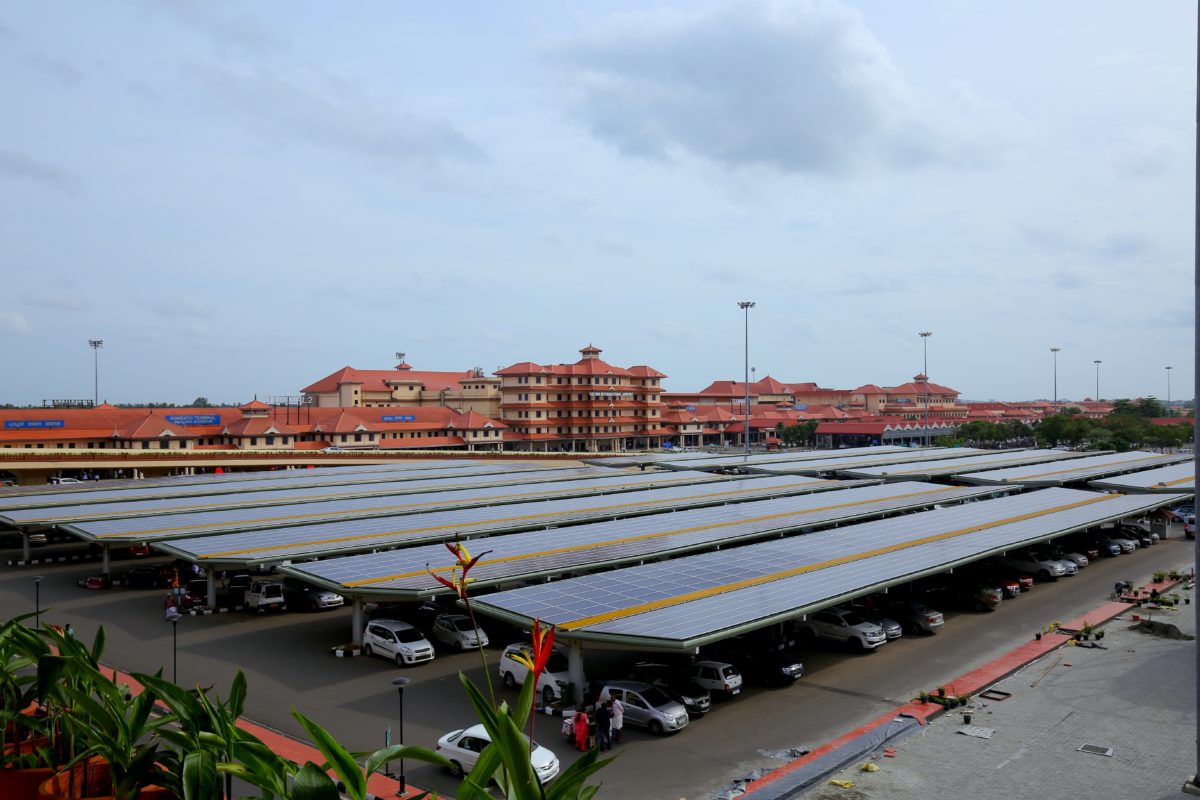The Ministry of Commerce and Industry has rescheduled the oral hearing of anti-dumping investigation concerning the import of “Solar cells whether or not assembled in modules or Panels” originating in, or exported from, China, Chinese Taipei, and Malaysia from November 30 to December 12, 2017.
The hearing was supposed to be held at the end of November in the Directorate General of Anti-Dumping and Allied Duties (DGAD) office in New Delhi.
The government has confirmed, however, that due to the untimely unavailability of the legal representatives of the domestic industry, the hearing has been postponed.
The potential introduction of an anti-dumping duty (ADD) is currently the most talked about topic in the Indian solar industry. Recently, Bridge to India analyzed the uncertainty that ADD has created, and deduced that it may lead to slower PV installation growth in 2018.
Commenting on ADD, S Raghavan said: “ADD is a definite burden, but India manufacturers alone cannot meet the demand. Moreover, Indian-made structures are heavier than Chinese design. This results in elegance taking a beating in the finished look of a plant fitted with indigenous products.”
Vikram Solar MD and CEO Gyanesh Chaudhary told pv magazine that the forces behind the ADD petition represent only one side of the coin. “The petitioners are mainly solar cell manufacturers,” he said. “But, in India import of modules are much higher in number than the import of cells. A higher percentage of ADD is needed for modules, since they are the considered the ‘final product'. In order to create a level playing field, the duty needs to consider interests of both module and cell manufacturers, and protect them from injury caused due to dumping.”
This content is protected by copyright and may not be reused. If you want to cooperate with us and would like to reuse some of our content, please contact: editors@pv-magazine.com.



By submitting this form you agree to pv magazine using your data for the purposes of publishing your comment.
Your personal data will only be disclosed or otherwise transmitted to third parties for the purposes of spam filtering or if this is necessary for technical maintenance of the website. Any other transfer to third parties will not take place unless this is justified on the basis of applicable data protection regulations or if pv magazine is legally obliged to do so.
You may revoke this consent at any time with effect for the future, in which case your personal data will be deleted immediately. Otherwise, your data will be deleted if pv magazine has processed your request or the purpose of data storage is fulfilled.
Further information on data privacy can be found in our Data Protection Policy.